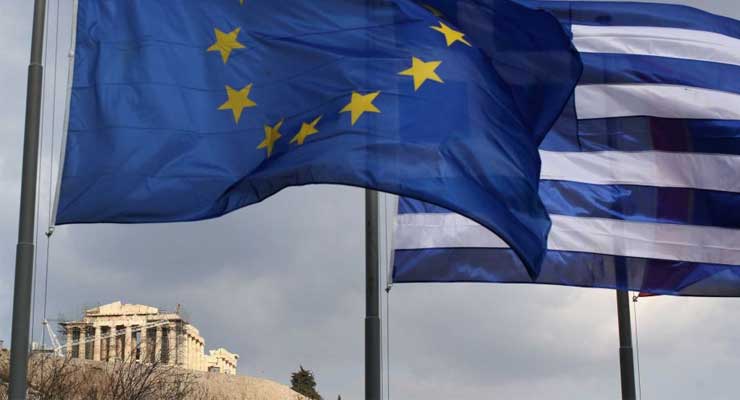
Officials within the EU and Greece have agreed to a start date of October for the first review of Greek economic reforms before the country would be able to receive its third bailout in five years worth 86 billion Euros, translating into 96.8 billion U.S dollars. The country itself is on edge.
“The next step is a review in October” Luxembourg finance minister Pierre Gramegna said in an interview in early September. “After the review we will have to discuss the restructuring of the debt, because there is consensus that debt is too high. How to restructure it? There are diverging views” the finance minister continued in his statement. Luxembourg currently holds the rotating presidency in the EU.
The Greek economy has been in turmoil since 2009, which was brought on by the world economic crisis of 2008 and 2009 which saw many countries’ economies collapse and fall down to near depression levels. “You can achieve payment relief by extending the grace period, or delaying payments and avoid a nominal haircut” the finance minister continued, referring to the amount of current debt Greece owes to the IMF and other financial institutions, which totals out to 323 billion euros.
“If you look at the development of memorandum of understanding in the first program, in the second program it is a living thing, which changes as a consequence of each and every review” an anonymous EU official said regarding the first two bailouts which Greece has already received.
Greece received its first bailout on May 2nd 2010 which was worth 107.3 billion Euros. The second bailout, which was approved on March 14th 2012 totaled out to 130 billion Euros.
“The same will hold true this time and will reflect the interactions of the Greek authorities with the institutions representing the creditors “the anonymous official continued referring to the development of memorandum of understanding in which certain economic reforms were agreed upon in the first two bailout agreements”.
The economic crisis has not only been defined by the amount of debt Greece owes to its international creditors but also by the unemployment rate which has hit the country extremely hard. As of June, Greece’s unemployment rate among working age adults sits at 25.2%, while the unemployment rate among youths in Greece is 53.7%.
Along with the domestic effects of the crisis, the fear spread around the EU as other countries, like Portugal, Spain and Ireland all have had similar problems with their economies as debt issues have been exposed and it was feared that if Greece left the EU (also known as a “Grexit”) then those three countries would soon follow in a so called ‘contagion effect’ leading to the collapse of the EU.
“Technically, it is no mystery, politically, it is not easy” the anonymous official continued, referring to the political turmoil that the crisis has caused in Greece, which just saw the re-election of Prime Minister, Alex Tsipras who opposed the tough austerity measures which were agreed upon by the first two bailouts.
Even though the process may seem unfair to the Greek people it is the right one to review the economic reforms that must be made in the country which has made financial agreements with institutions that must be payed back to keep Greece’s credibility around the world. Only the EU has the power to drive this process forward towards the outcome most desirable to all key players.
Leave a Reply